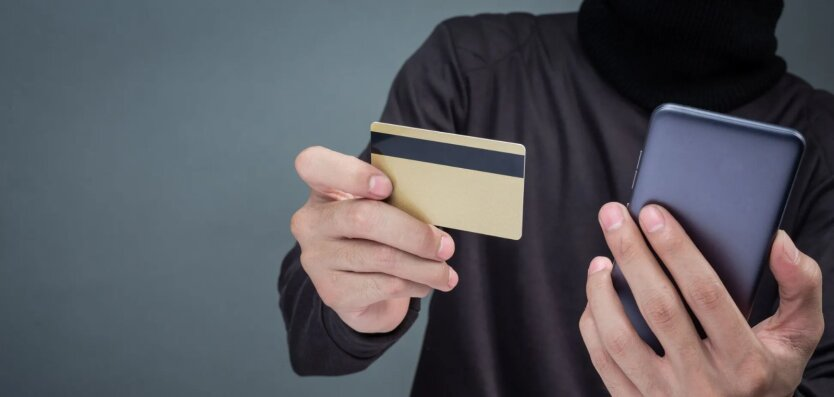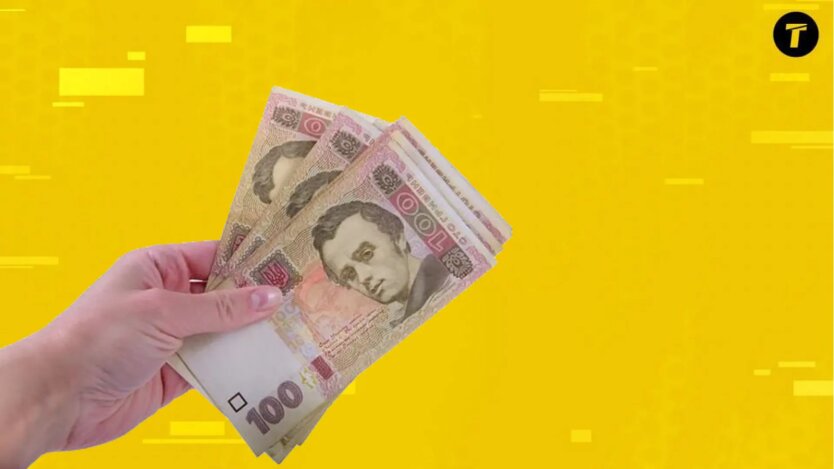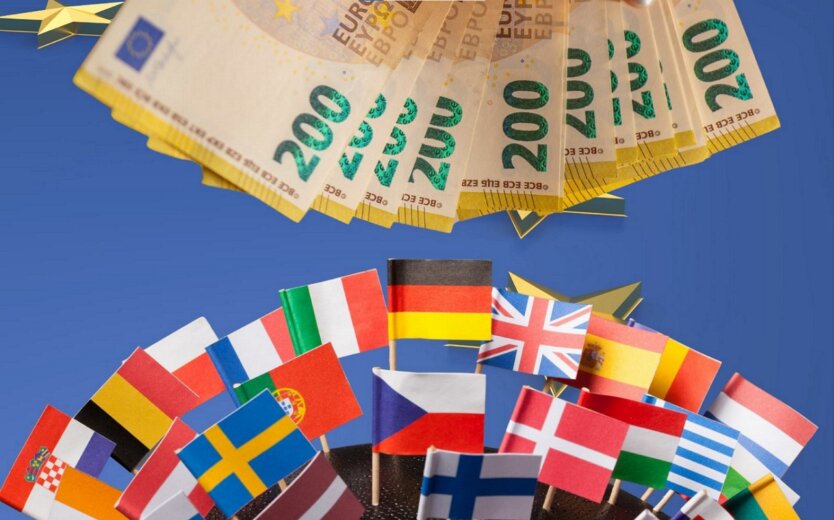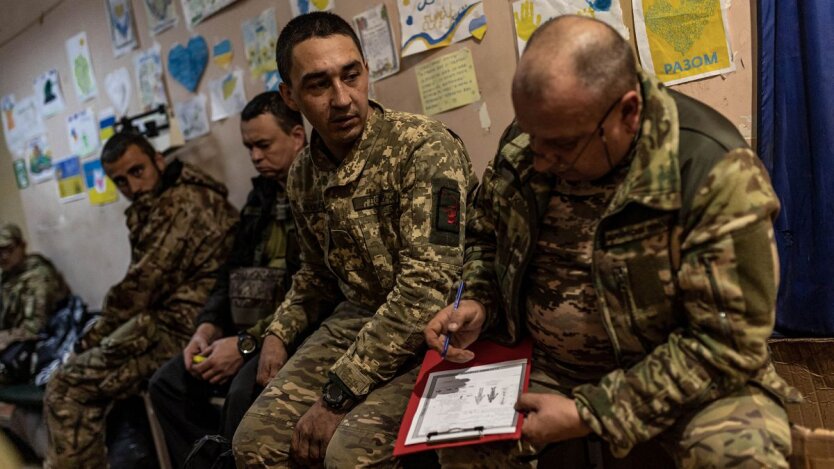Fraudsters 'scam' Ukrainians under the guise of assistance payments: how not to fall into the trap.


Ukrainians have been warned about fraudsters who offer 'payments' from the state and benefactors.
Nowadays, as technology rapidly develops and life becomes complicated, fraudsters find new ways to deceive trusting citizens. People in crisis situations, seeking help, are particularly vulnerable. Ukrainians need to be cautious, as fraudsters are now seizing money, using schemes that supposedly provide monetary payments.
This scheme works as follows: the perpetrators disseminate messages via various information channels – on social networks and messengers – about the possibility of receiving assistance, particularly within the frameworks of e-Support, Diia programs, aid from the EU, from UN representatives, various international organizations' programs, and charitable foundations.
The perpetrators send messages with deceptive links leading to fake websites that mimic official portals of state institutions, international organizations, and charitable foundations.
On these fake websites, there are links that redirect users to pages imitating internet banking of Ukrainian banks. Here, people are asked to log into a 'personal account' and enter confidential information: phone number, PIN code, online banking password, and SMS confirmation code.
After entering this information, the person becomes a victim of the fraudsters who gain access to their bank accounts.
The fraudsters can also create social media pages promising assistance to Ukrainians in financial difficulty. They ask for 300 hryvnias for the delivery of humanitarian aid.
Therefore, it is important to remember that offers to receive monetary payments via chat-bot or for assistance requiring the payment of a state fee are fraudulent schemes.
To avoid becoming a victim of fraudsters, you should follow these rules:
- obtain information only from official sources;
- do not follow suspicious links;
- keep your card number and PIN code, login and password to internet banking, bank, and operator codes secret;
- do not enter payment card details on suspicious websites.
You should also use cyber police services and the CheckMyLink service to verify links and websites.
If you become a victim of fraud, fill out the feedback form on the cyber police website.
Remember, Ukrainians have been warned about new fraud schemes.
Read also
- Sale of housing or cars: Ukrainians explained whether displaced persons will retain benefits
- The Party is Over: The Spectator Debunks the Myth of Putin's 'Economic Miracle'
- Ukrainians with a pension below 9 thousand can receive assistance: what documents are needed
- From 55 to 10 euros per hour: Eurostat shows the huge difference in salaries in EU countries
- Excluded - But Again on the Lists: Who Among Ukrainians Unexpectedly Became Subject to Military Duty and How to Check It
- General Hodges revealed what Trump's 'indifference' will mean for Kyiv










